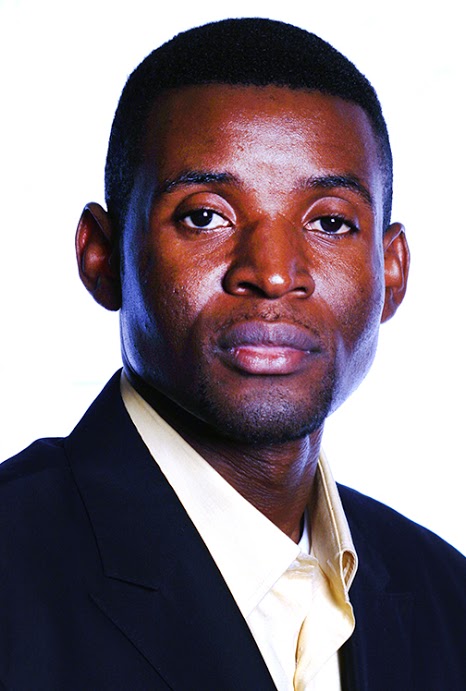Professor enlightens class about homeland


He said despite the depiction by the media about many African children dying from AIDS, that is not the leading cause of death.
“People end up dying more from traffic accidents than … from diseases,” Pichop said.
“(Also) more people die from malaria than AIDS … people don’t take it seriously until it is too late and then they die.”
Pichop also cautioned students about giving money to organizations that claim they are helping people in Africa.
“One of the misconceptions is that giving aid will really help Africa,” he said.
He said quite a few non-profit organizations do not actually give money to the cause they claim they are helping.
Pichop said about 90 percent of the money raised returns to the company that raised it.
“Really, the people who need help are not being helped.”
Pichop also spoke about child soldiers in Africa. Although he said he had never seen a child soldier, he said there are a few places where that still occurs.
In those areas, he said, the young soldiers are forced to fight against the government so warlords can get all of the resources the country has.
He said those areas are few.
“It’s not like Africa is an open conflict zone.”
He said most African countries have abundant resources; however, the government makes it hard for wealth to be distributed.
“ … Many African countries have bad governance and corruption.
“The people in power tend to be very rich and the rest of the population is very poor, usually with no middle class.”
However, he said, education is very important in African households.
“Families take the education of their kids very seriously.”
He said boys and girls are treated equally and most families send their children to school.
“Women are more successful in school,” he said. “They tend to take it more seriously than men.”
Pichop came to Oklahoma on a Fulbright scholarship, where he attended Oklahoma State University and completed his doctorate in 2003.
“I was lucky enough to get a Fulbright scholarship …”
He said he grew up working on a coffee farm with his parents, six brothers and one sister.
Pichop said he is now living the “American dream.”
“One thing that I like about the culture here is that if you work hard, you succeed. It’s not always that way in Africa.”